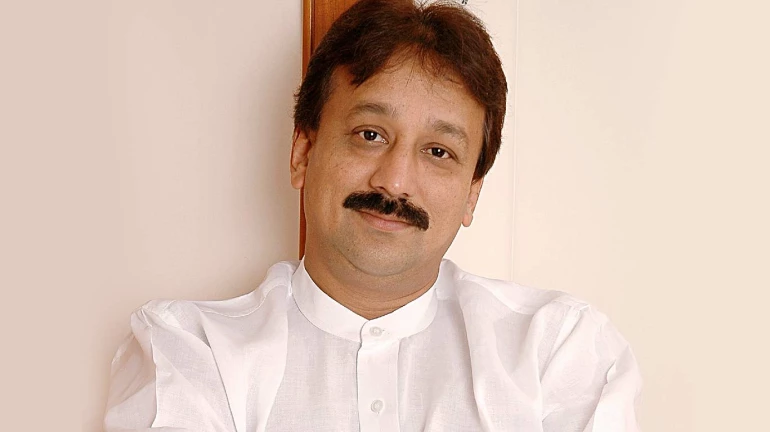
The Crime Branch has invoked the Maharashtra Control of Organised Crime Act (MCOCA) against 26 individuals arrested in connection with the murder of senior Nationalist Congress Party (NCP) leader Baba Siddique. The move follows the emergence of evidence linking gangster Anmol Bishnoi, currently detained in the United States, to the case. Bishnoi, the brother of jailed gangster Lawrence Bishnoi, is known for previous criminal activities, including firing outside actor Salman Khan’s Bandra residence and conducting surveillance of his Panvel farmhouse.
The case underscores the organised nature of the crime. Among the arrested individuals is Mohammad Zeeshan Akhtar, who has been involved in criminal activities since 2017 and faces charges of murder, extortion, and criminal intimidation in Punjab and Haryana. The investigation has been escalated to an Assistant Commissioner of Police (ACP) to bolster the case further and facilitate court proceedings. Siddique, aged 66, was shot on October 12 outside his son, MLA Zeeshan Siddique’s office in Bandra East. He suffered two bullet wounds to the chest and succumbed to his injuries at Lilavati Hospital. Shiv Kumar Gautam, one of the arrested suspects, has been identified as the primary shooter. However, key conspirators Shubham Lonkar and Akhtar remain at large, with authorities suspecting they have fled to Nepal. Gautam was also reportedly planning to escape to Nepal but was intercepted before he could leave.
MCOCA, introduced in 1999 to combat organised crime, provides investigators with extended legal tools, including admissibility of police confessions in court and tougher bail conditions. The act also grants up to six months for investigators to file a chargesheet, compared to the 30-day limit under the Indian Penal Code (IPC). Officials believe this will allow a more comprehensive investigation into the conspiracy.
Financial records have uncovered monetary links between Lonkar, Akhtar, and others involved in the case, strengthening the evidence of coordinated planning. Authorities are now focusing on sustained interrogation and surveillance of the accused to prevent further escape attempts. The case will be handled by a special court, and a Special Public Prosecutor may be appointed to oversee the proceedings. Police highlighted that the criminal records of Anmol Bishnoi and other suspects, which include offenses carrying imprisonment of over 10 years, justified the use of MCOCA in this case. With its stringent provisions, the law is expected to strengthen the prosecution’s case against the accused, ensuring justice in this high-profile murder case.





